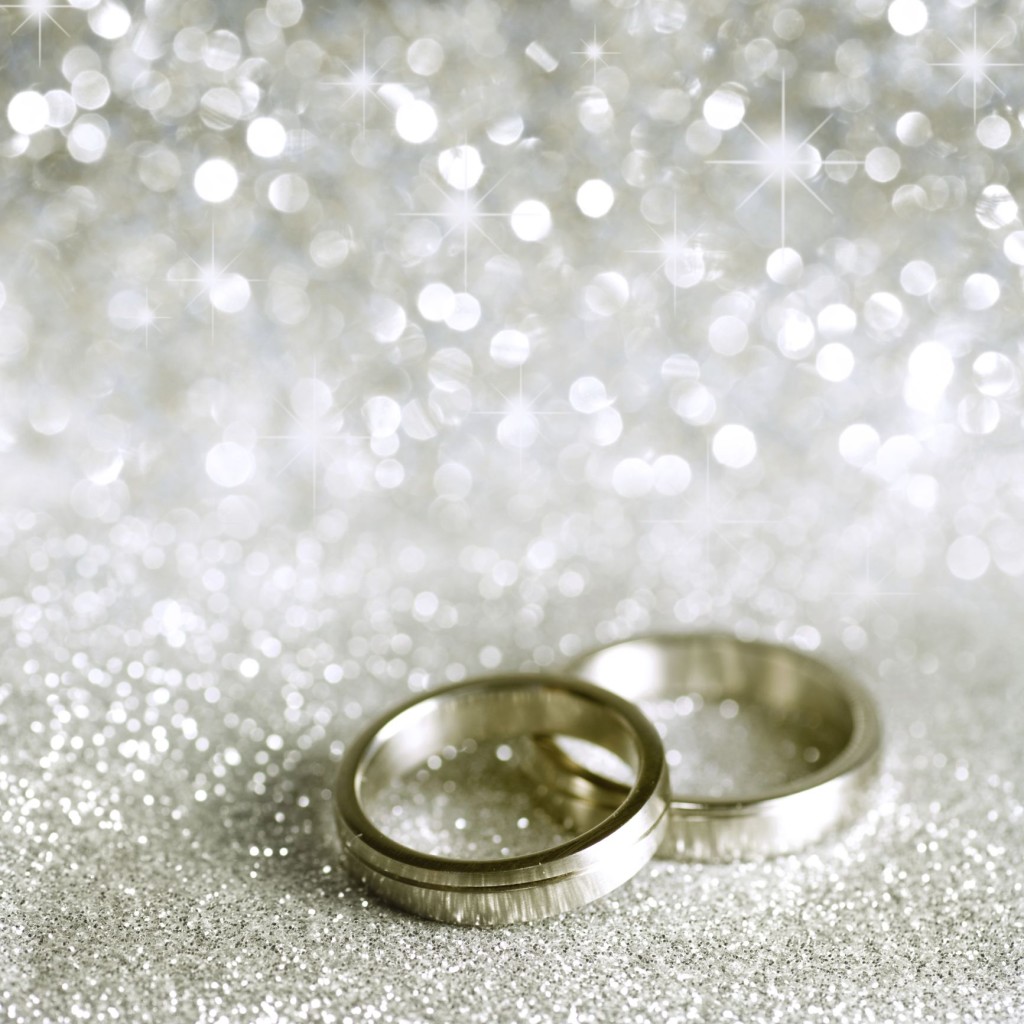In a few weeks, gay and lesbian Americans will either be lulled into a midsummer night’s dream or wake to a nightmare depending on SCOTUS’ interpretation of Proposition 8 and the Defense of Marriage Act. June, which is parenthetically LGBT Pride Month, marks the time when the Supreme Court will announce whether D.O.M.A unconstitutionally restricts marriage to one man and one woman and whether people of a state that allows same-sex marriage can vote to ban it.
Proposition 8 was a California ballot proposal that specified only a marriage between a man and a woman would be recognized yet the California Supreme Court held Prop 8 “works a meaningful harm to gays and lesbians” by denying their right to civil marriage. Should the Supreme Court override the democratic process and impose a judicial solution that would redefine marriage in the states that do not allow same-sex couples to wed? That is the core issue in Hollingsworth v. Perry. Conversely, United States v. Windsor begs the question is D.O.M.A., a federal law that restricts federal marriage benefits and requires inter-state marriage recognition only for opposite sex couples, constitutional. Under D.O.M.A., gay spouses cannot claim the federal benefits available to other married couples. Octogenarian Edie Windsor is challenging D.O.M.A. and fighting a $363,000 federal estate tax bill imposed after the 2009 death of her same-sex spouse.
It seems probable D.O.M.A. will be overturned, which would mean that a host of provisions conferred upon heterosexual married couples would no longer be withheld from LGBT pairs. Yet the justices seemed to be searching for a way to dispose of Hollingsworth on procedural grounds during oral arguments in March, perhaps leaving the constitutional issue in legal limbo.
In the last two months, France, New Zealand and Brazil legalized same-sex marriage. Legislation to allow same-sex marriage in England and Wales easily cleared the House of Commons. Now I will preemptively address your predicable protestations: The U.S. is not France so why do we have to eat escargot, drink café au lait and recognize homosexual marriage. Because countries whose legal systems we respect have shed the cloak of inequality by allowing gay couples to have the same legal standing as heterosexual married couples. Maybe the better retort is that America would be remiss to deny important social and financial benefits based upon sexual orientation. Separate but equal is, well, not equal, no matter how you slice the pie.
June is gearing up to be a momentous month. Two landmark cases could profoundly alter the ability of gays and lesbians to access a variety of rights. I just hope there is no Shakespearian case of mistaken identity (or confusion about the Fourteenth Amendment’s Equal Protection Clause) when the Supreme Court reveals its decision on Prop 8 and D.O.M.A. by midsummer’s end.
